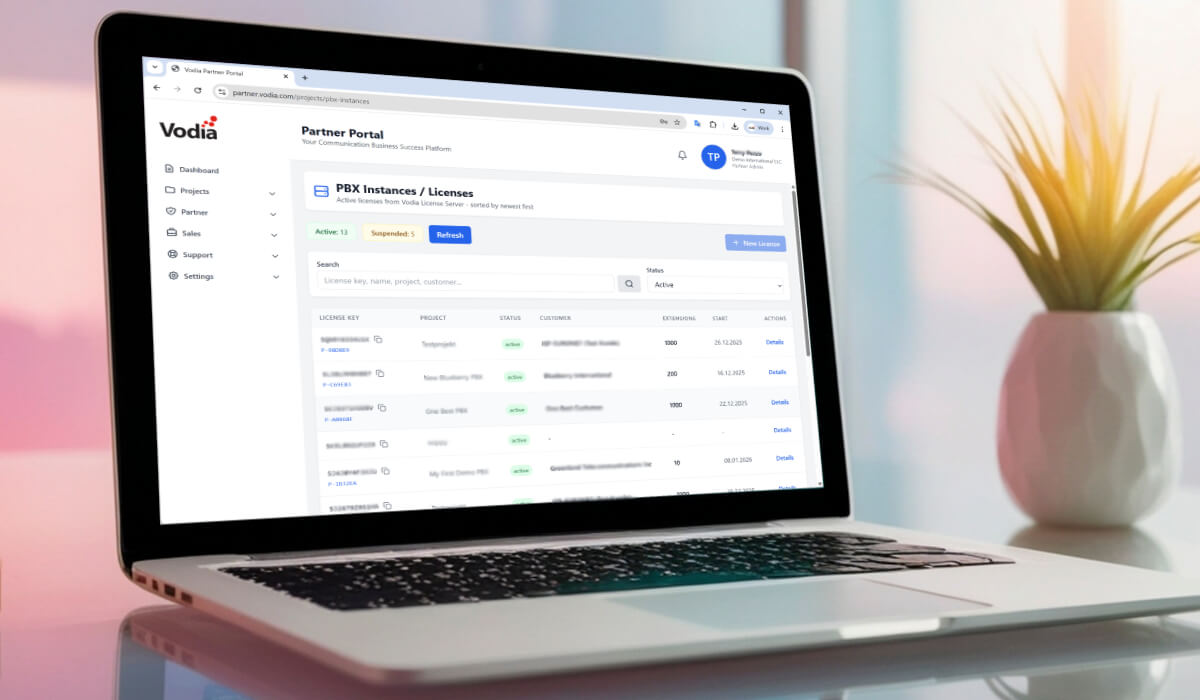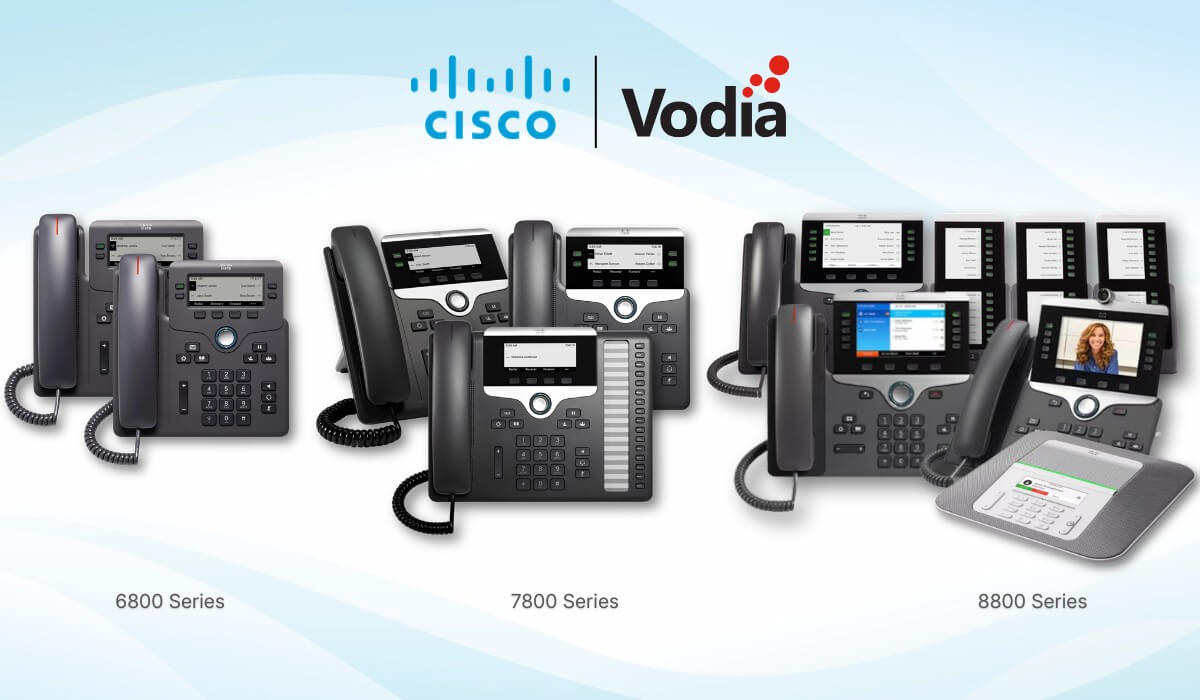So everything we buy these days should be ready for IPv6. Even in the old pbxsnip days, snom ONE supported IPv6. Nothing new here.
While we are all waiting for the happy day when our service providers finally give out publicly routable prefixes so all out phones in the LAN don’t need NAT any more, we need to deal with some more down-to-earth problems. One of the problems is DNS uses records for IPv4 and some others for IPv6 (A and AAAA).
While practically all services in the net offer IPv4 DNS addresses, there are more and more providers who also add AAAA records. The problem is a DNS server operates independently from the underlying internet version. In other words, you get AAAA records even when the DNS server is running on IPv4. The practical problem is a client is running in the LAN without any IPv6 connectivity to the outside world also gets those AAAA records; when it then tries to connect to the service, it eventually times.
That is exactly what happened with Gmail. Google added IPv6 records for the Gmail service some time ago, and suddenly the snom ONE email client didn't work anymore if your PBX didn't have IPv6 connectivity.
The way we fixed the problem is the PBX now looks at the IPv4 records first. I didn't say "solve the problem” because this isn't a proper solution. The day IPv4 will become unavailable to the PBX, this fix won't work anymore. I guess we have a few more years to properly solve that problem. For now we can live with the workaround, and hopefully snom ONE users will not notice anything.
.svg)






